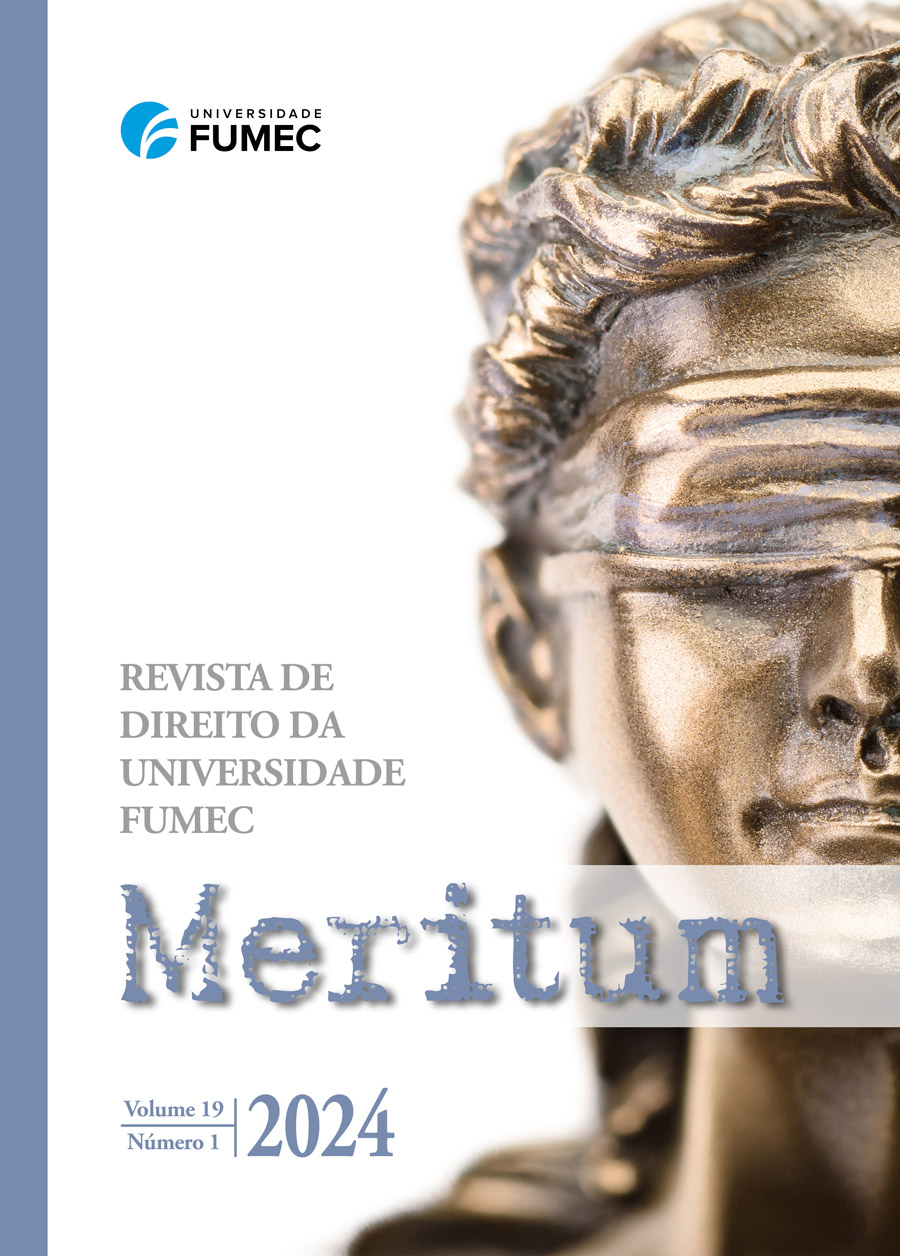DIREITO TRIBUTÁRIO DAS FAMÍLIAS
POR UMA AUTONOMIA EPISTEMOLÓGICA
DOI:
https://doi.org/10.46560/meritum.v19i1.9471Abstract
Families cannot be understood exclusively in the biological context, and it is necessary to consider other criteria for the establishment of the parental bond, such as socio-affectivity, which sometimes condition this grouping to legal-tax informality. This plurality of relationships poses challenges to the law, which needs to discuss how to implement guarantees to the members of this institution so that the State complies with its obligation to confer special protection, as provided in the CF/88. Thus, the question is: is there an intangible family nucleus that limits the State's power to tax? How to include in this discussion all the possible family configurations under an inclusive and indeterminist point of view? To this end, the article aims to debate the interrelations between tax law and family law, highlighting the (un)need for the recognition of an existential minimum of the family nucleus that as such cannot/should not be taxed by the tax authorities. The methodology used is a bibliographic review, through the deductive method, having Adamy (2022) as the main theoretical framework. The main conclusion indicates that there is an impacting field of intersection between these two areas of law (family tax law) that needs to be developed under a transdisciplinary and plural perspective in order to avoid invisibilizing a considerable part of these institutions.
Downloads
Published
Issue
Section
License
Autores que publicam nesta revista concordam com os seguintes termos:
- Autores mantém os direitos autorais e concedem à revista o direito de primeira publicação, com o trabalho simultaneamente licenciado sob a Licença Creative Commons Attribution que permite o compartilhamento do trabalho com reconhecimento da autoria e publicação inicial nesta revista;
- Autores têm autorização para assumir contratos adicionais separadamente, para distribuição não-exclusiva da versão do trabalho publicada nesta revista (ex.: publicar em repositório institucional ou como capítulo de livro), com reconhecimento de autoria e publicação inicial nesta revista;
- Autores têm permissão e são estimulados a publicar e distribuir seu trabalho online (ex.: em repositórios institucionais ou na sua página pessoal) a qualquer ponto antes ou durante o processo editorial, já que isso pode gerar alterações produtivas, bem como aumentar o impacto e a citação do trabalho publicado (Veja O Efeito do Acesso Livre).






